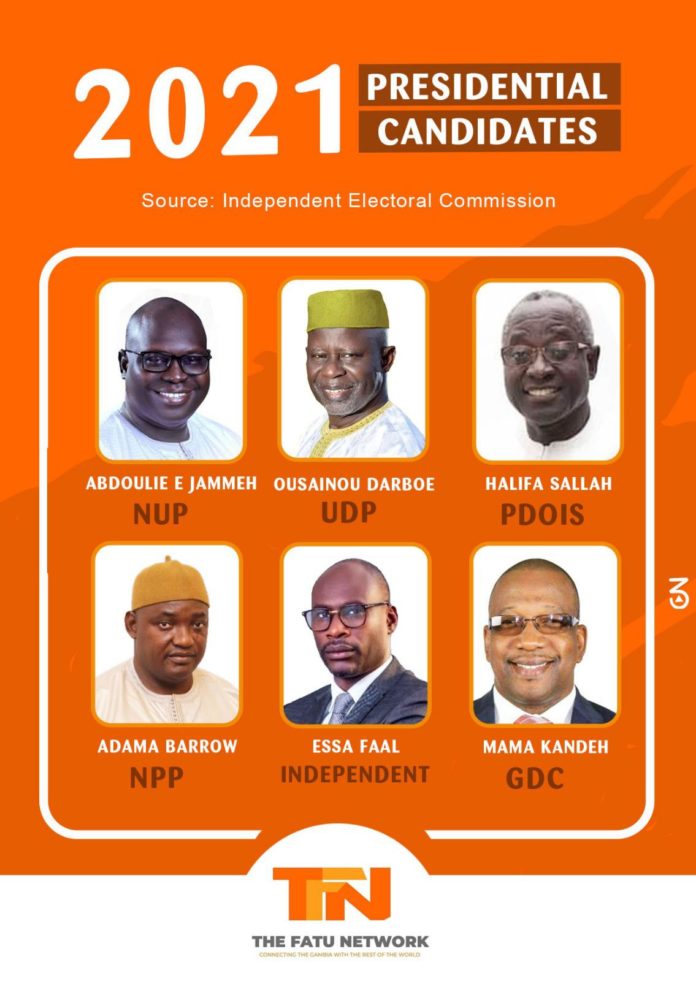The relationship of the Supreme Audit Institutions with their respective parliament is effectively represented in an accountability triangle. Within this framework, SAIs need to reflect on how they can best fulfill their function in relation to the other sectors in the system.
However, the accountability triangle is based on the principle that parliament adopts the state budget and authorizes the executive to implement the budget (conferral), and the executive reports on the implementation of the budget to parliament.
The independent audit institution, in line with its constitutional/legal mandate, audits the budget implementation and reports to parliament, and that parliament, on behalf of the citizens, holds the executive to account (control) and, in some nations, provides formal discharge.
In this case, all parts of the triangle have to play their role to support the effective accountability for the use of public resources.
However, parliaments have a duty to oversee the implementation of the budget they have adopted, a duty that stems from the mandate parliament received from the electorate.
Furthermore, the Parliament has a responsibility to ensure that the executive has used the resources effectively and economically and as intended in the budget, drawing on the work of the SAI.
However, it is not sufficient to rely on the executive to respond effectively to the findings and recommendations of the SAI. That would negate the fundamental duty of parliament to exercise control over the executive.
In fulfilling their role within the system of accountability, it is significant for the SAI to consider how they ensure that their work is relevant, and adds value to have an impact, not only by reviewing and reporting on what has happened but also by looking forward, identifying where improvements can be made, to promote good practice.
In this way, public sector audits contribute to improving standards of governance, better management and decision making, and more effective use of public money.


